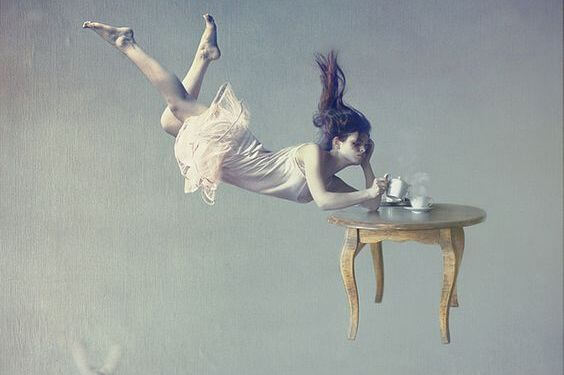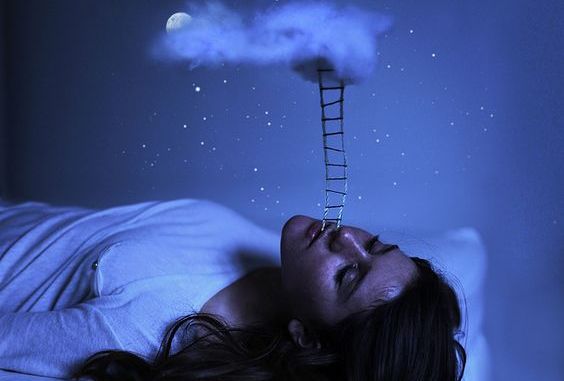Enjoy Life More By Getting in Sync with Your Biological Clock

You’ve probably heard that each person has their own biological clock. While some work better during the day, others are more active and energetic at night. Although practically speaking this is true, it’s also true that several recent studies indicate that the way we organize our schedules corresponds to social and emotional factors, not biological ones.
According to experts, humans are designed to be more active during daylight hours and rest when there’s no sun. Yes, some people do the exact opposite and seem to be fine, but it’s actually affecting their health more than it may appear.
Our biological functioning is similar to that of an automatic watch: it recharges and stores energy with movement and is delayed or stopped if activity ceases for a long time.
-José Luis Rodríguez Jiménez-
When your biological clock is altered, the most important thing that happens is your sleep cycles change. People who sleep during the day usually do so for fewer hours. They are also less exposed to the sun, so they may have problems with calcium absorption and overall energy.
Northwestern’s Center for Sleep and Circadian Biology also found that women who sleep during the day become less fertile. And both men and women see changes in their melatonin levels.
Melatonin is a hormone that determines how long you need to sleep to be fully rested. Several studies have outlined what the best time is to do different activities. They indicate that there exists an ideal biological clock that can result in a more enjoyable life.
Your biological clock at the beginning of the day
According to science, it’s best to start the day by having sex. Between 6 and 9 in the morning, men are at their highest levels of testosterone and women are most relaxed. Hence more enjoyable sex. It turns out that infamous “morning sex” has been proven to be the healthiest and most intense. It also helps to release tension and stress, therefore helping you start the day with a better attitude. Likewise, it’s been shown to strengthen the immune system and lift your mood.

When you’re at your intellectual peak, according to your biological clock
When it comes to getting in sync with your ideal biological clock, you should do your hardest mental work between 10 in the morning and noon. Studies say that’s when the brain is capable of peak intellectual performance.
This period would be the time for making decisions, scheduling high-pressure work meetings, and solving difficult problems. It’s when cortisol, the stress hormone, is at its highest. This is reflected in improved concentration, greater acuity and better short-term memory.
Do physical activity in the afternoon, per your biological clock
According to Michael Smolensky, expert in physical performance and author of The Body Clock Guide to Better Health, the best time to exercise is between 4 and 7 in the evening.

According to his research, people perform better physically this time of day. There’s also a lower risk of injury. In addition, cardiovascular endurance, as well as muscular flexibility and strength, increase in the evening.
Your biological clock tells you when to stop eating
Habitually eating dinner too late can be quite harmful. It not only affects your ability to fall asleep, but is also a risk factor for obesity and diabetes. Researchers indicate that your last meal of the day should be light and you should eat it between 7 and 8pm. This helps your body process glucose more efficiently and regulate insulin production. After 8pm, we shouldn’t eat anything.
When to sleep
Studies have established that between 9 and 11 at night, the pineal gland of your brain releases the hormone melatonin, like we mentioned above. This substance has been dubbed the “sleep hormone” because it regulates sleep.

When your body releases this hormone, your body temperature drops. This is precisely the signal your body needs to know it’s time to get ready to rest. Therefore, the best time to go to sleep is between 9 and 11 at night.
Michael Howell, neurologist at the University of Minnesota, says that synchronizing your daily activities with your body’s natural biological clock is an excellent way to enjoy life more. It’s worth a try, right?
This text is provided for informational purposes only and does not replace consultation with a professional. If in doubt, consult your specialist.








